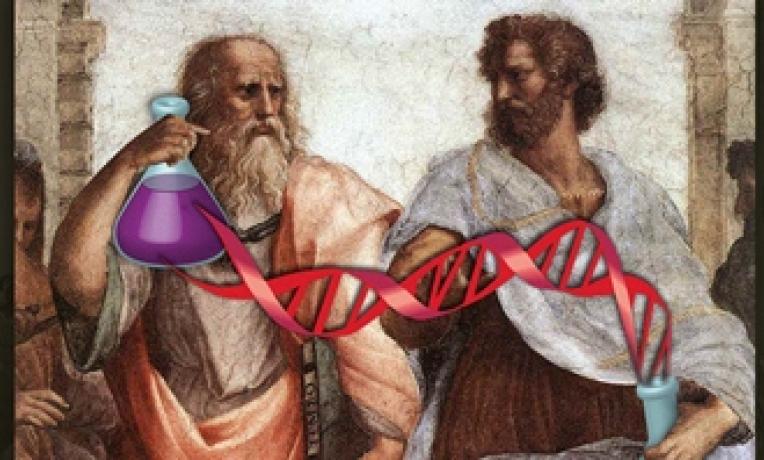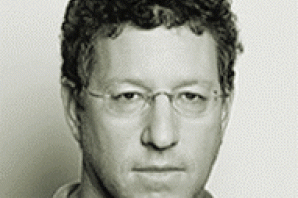Doctor in a cell
By combining computer science and molecular biology, researchers have been able to work on a programmable biological computer that in the future may navigate within the human body, diagnosing diseases and administering treatments. This is what Professor Ehud Shapiro and his team have called a ‘Doctor in a cell’.

In 2009, Shapiro and doctoral students Tom Ran and Shai Kaplan presented the prototype of an autonomous programmable molecular system, based on the manipulation of DNA strands, which is capable of performing simple logical deductions. This prototype is the first simple programming language implemented on molecular-scale. Introduced into the body, this system has immense potential to accurately target specific cell types and administer the appropriate treatment, as it can perform millions of calculations at the same time and ‘think’ logically.
Biomolecular computers, made of DNA and other biological molecules exist in very few laboratories. Prof Shapiro’s team aims to make these computers perform highly complex actions and answer complicated questions, following a logical model first proposed by Aristotle over 2000 years ago. The biomolecular computers are extremely small: one trillion (one million million or 1012) computers can fit into a single drop of water. If the computers were given the rule ‘All men are mortal’ and the fact ‘Socrates is a man’, they would answer ‘Socrates is mortal’. Multiple rules and facts were tested by the team and the biomolecular computers answered them correctly each time.
The team has also found a way to make these microscopic computing devices ‘user-friendly’ by creating a compiler – a program for bridging between a high-level computer programming language and DNA computing code. They sought to develop a hybrid in silico/in vitro system that supports the creation and execution of molecular logic programs in a similar way to electronic computers, enabling anyone who knows how to operate an electronic computer, with absolutely no background in molecular biology, to operate a biomolecular computer.
The possible future biomedical applications of these ingenious biomolecular computers were already demonstrated in a test tube when a tiny biomolecular computer identified the presence of cancer symptoms in 2004. The computer, equipped with medical knowledge, analysed the situation, diagnosed the type of cancer and then released the appropriate drug that may kill cancer cells. In 2011, together with a research fellow Professor Yaacov Benenson, Prof Shapiro showed the operation of a molecular computer with a similar concept but different design in living cells. This research direction may pave the way for future smart drugs and other applications in the health sector.


